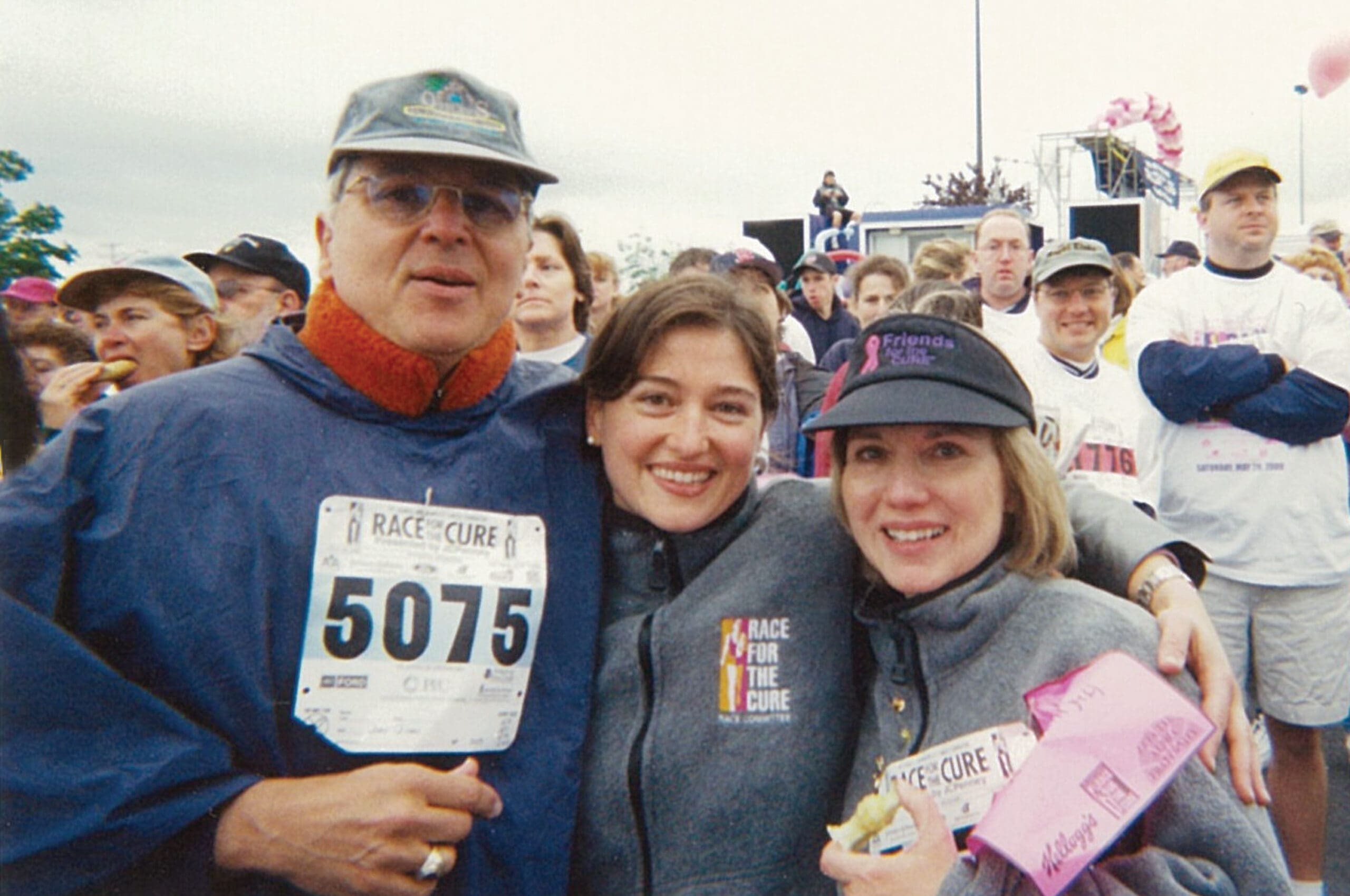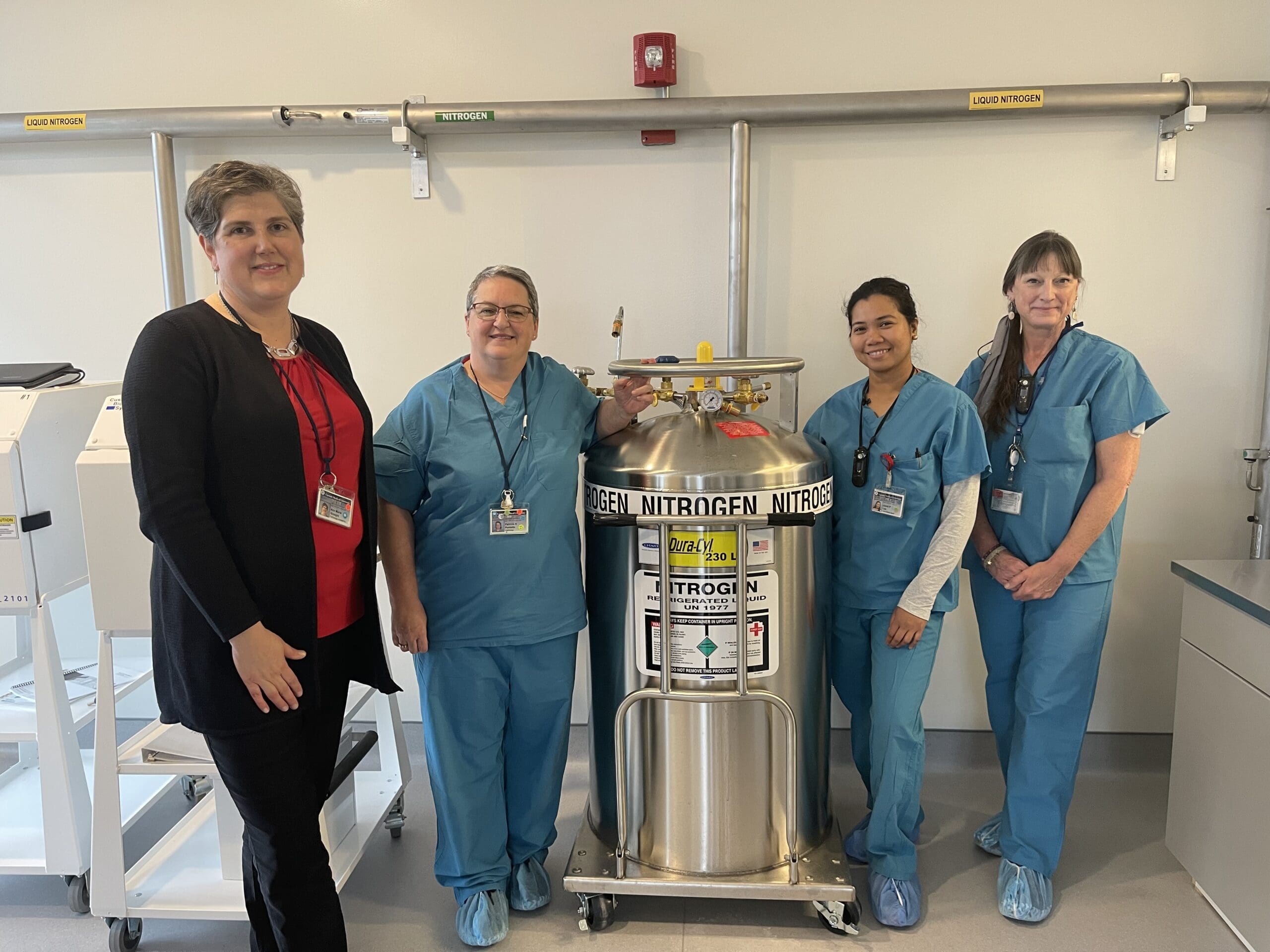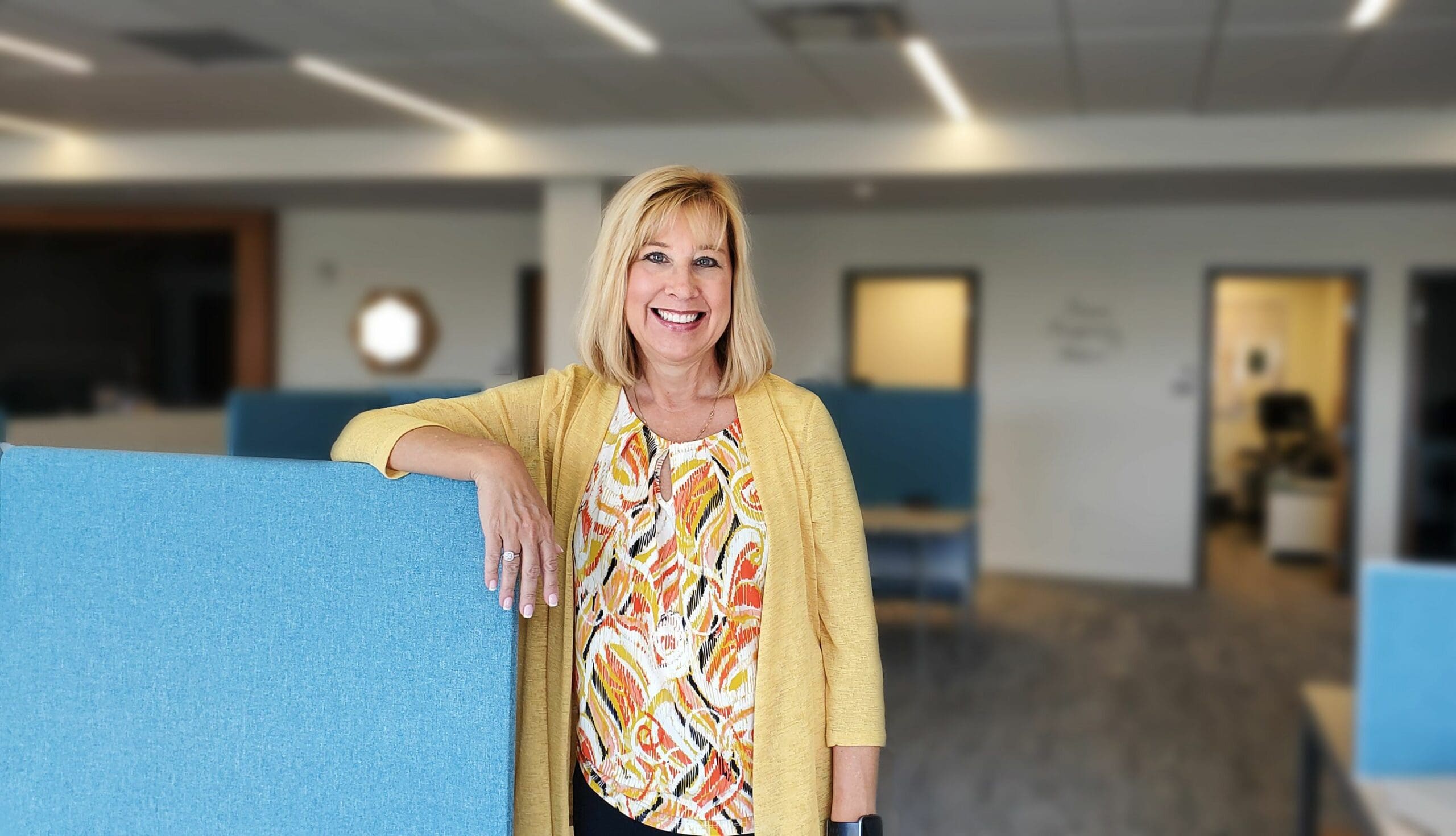Happy National Nutrition Month!
In honor of this month, we got perspective from a few members of Syracuse’s own Central New York Dietetics Association. For more information on the association, visit cnyda.org.
Ruth Sullivan
Registered dietitian for Syracuse University Food Services
SWM: Tell us about your day-today working with SUFS.
My job is different every day. Some days I meet with students and families all day, others I work with our food services team to continue developing menus or training staff on food allergies and food safety. I also work with departments and student organizations on campus, review menus and ingredients for special events and present to classes regarding my path and job.
SWM: Have offerings in the dining halls evolved in recent years?
When we plan menus, we think about students’ likes and dislikes, what’s in season and how to introduce healthy options. We have a “Try Me” program, designed to introduce students to foods they may not have encountered. More students are trying vegan and vegetarian lifestyles, so we’ve enhanced those offerings. We have a “Recipes From Home” program that invites students or parents to submit a favorite recipe.
SWM: Talk about your work with students who have dietary constraints.
I help them navigate our department to get foods they want and feel safe while dining with us. I also work with students who choose to eat certain ways. For example, students who choose a vegan or vegetarian diet make up a big percentage of our customers. Our food allergy program has evolved over the years and we were one of the universities that helped develop FAREs (Food Allergy Research and Education) College Guide to Food Allergies.
Heather Hudson
Chief programs officer at Food Bank of CNY
SWM: What path led you to work at the food bank?
During my dietetic internship through Syracuse University, I had the opportunity to visit the Food Bank of CNY for a brief rotation. Over the course of my internship, I discovered I enjoyed community nutrition. When I completed the internship, the food bank was hiring an additional dietitian.
SWM: Does the food bank have a limited budget?
If so, how does that affect your work? Yes, we do have a limited budget, which challenges us to be thoughtful and efficient about programming. The majority of our nutrition education involves workshops aimed at helping adults who utilize food assistance programs throughout an 11-county region. We also educate our partner agency coordinators. Additionally, we provide nutrition education to children who attend after-school programs where the food bank provides evening meals.
SWM: What’s your favorite aspect of your job?
The best part is seeing the direct impact of the food bank’s work when visiting one of our community partners. People are genuinely appreciative when you take the time to teach them something new, give them nutritious food and listen to what they have to say.
Dorothy Wrase Hares
Clinical dietitian at St. Joseph’s Hospital
SWM: What led you to be a dietitian?
The choice of dietetics was a way for me to work from a science base, provide practical common sense information about nourishing the body and make this daily necessity an enjoyable adventure.
SWM: Talk about your day-to-day at St. Joseph’s Hospital.
My work with a patient starts by assessing their nutritional status, which includes recognizing their medical condition and treatments, as well as previous eating habits, food preferences and aversions and nutrition knowledge level. Then, a nutrition plan is created with the patient and other members of the medical team. The plan is implemented and the patient’s progress is monitored. Coordination of the plan is done with home-care organizations, as well as nursing homes and rehabilitation units.
SWM: What’s the most rewarding aspect of your work?
My greatest satisfaction occurs when I have been able to help someone move beyond their previous knowledge or assumptions, and recognize new information as something that will be workable and not burdensome for them to do. I also find a quiet joy in meeting a patient’s simple request in the complex, confusing environment of a hospital. When someone enters this institution, their previous daily routine is disrupted. Food can be a point of the familiar. I am always pleased to see how a simple food – applesauce, ice cream, peanut butter or a cup of coffee — can give so much joy.
Jessica Redmond
Assistant professor in Utica College’s biology department
Specialty in sports nutrition and weight management
SWM: What sparked the interest in your specialty?
Early in my career, I worked at the Food Bank of CNY as a nutrition educator, promoting both healthy eating and physical activity. During this time, I also began to train for triathlons, which reignited my interest in sports nutrition. As a result, I ended up pursuing a graduate degree in exercise science.
SWM: What is your day-to-day as a dietitian?
At Utica College, we are in the process of creating a coordinated dietetics program, which will allow students to complete both a bachelor’s degree in nutrition and dietetic internship in five years. Currently, I teach anatomy and physiology and research methods. Outside of my academic job, I maintain a private practice called Major League Wellness, offering individual nutrition consultations for athletes. I also provide corporate wellness presentations about nutrition and exercise.
SWM: If you could give one piece of advice on healthy living, what would it be?
Choose food first over supplements. The key is to eat a balanced and varied diet — something from every food group, and not always the same type of food.
SWM: What’s the biggest myth to bust in the nutrition world?
That the perfect diet exists, and looks the same for everyone. Registered dietitians are trained to identify practical and meaningful changes to their clients’ eating habits. This approach is echoed in the National Nutrition Month theme: “Put Your Best Fork Forward.”
Lauren Nickerson
Registered dietitian nutritionist at Cornell University’s Cornell Health
President of the Central New York Dietetic Association
SWM: What led you to specialize in eating disorders?
I saw the difference it made to patients to work with qualified providers who truly “got” what they were going through, understood how the “eating disorder brain” works and believed in their recovery. I find I am able to make personal connections with people – who often are in a place of distress when I meet them – and support them for the long haul.
SWM: What’s the most rewarding aspect of your job?
Disordered eating and body image concerns are so prevalent in our society today, and can — and often do — significantly decrease a person’s health status and quality of life. I work to bring my clients hope for change, and nutrition information and resources they can trust. Seeing people get better is what I find most fulfilling, and this is what fuels the passion I have for my career.
SWM: What is your advice to someone who fears a friend is struggling from an eating disorder?
For someone struggling with an eating disorder, there can be many barriers to getting care: fear, shame, hopelessness. It’s important to know resources and treatment options are available — and they work. I experience this every day. The National Eating Disorder Association offers a wide array of resources online and by phone. Locally, we’re lucky to have Ophelia’s Place in Liverpool, which can help connect families and loved ones to support.
Danielle Stegman-Barber
Registered dietician and diabetes educator
SWM: What led you to be a dietitian?
When I was deciding what to study in college, I thought about becoming a nurse, a teacher and a dietitian. I realized I could combine several of my passions — teaching, health care and science — by becoming a registered dietitian.
SWM: What inspired you to specialize in diabetes?
The prevalence and impact of diabetes is huge, and nutrition plays an important role in managing it. My dad has type 1 diabetes and has inspired me to pursue becoming a certified diabetes educator, to help ensure everyone with diabetes has the proper knowledge and skills to be successful.
SWM: Describe your day-to-day at work.
I see patients of all ages with type 1 or type 2 diabetes at the Joslin Diabetes Center. We review the foods they eat and how that impacts blood sugar. I may work with patients on weight loss, matching medication and food, or reviewing other skills such as checking blood sugars. Together, we set goals to improve nutrition and diabetes self-management.
SWM: What is the most rewarding aspect of your work?
The most rewarding part of my work is seeing patients’ confidence build. When they leave their appointments feeling empowered to make better choices for their health, I have accomplished my goal. SWM
Answers have been edited for length and clarity.





